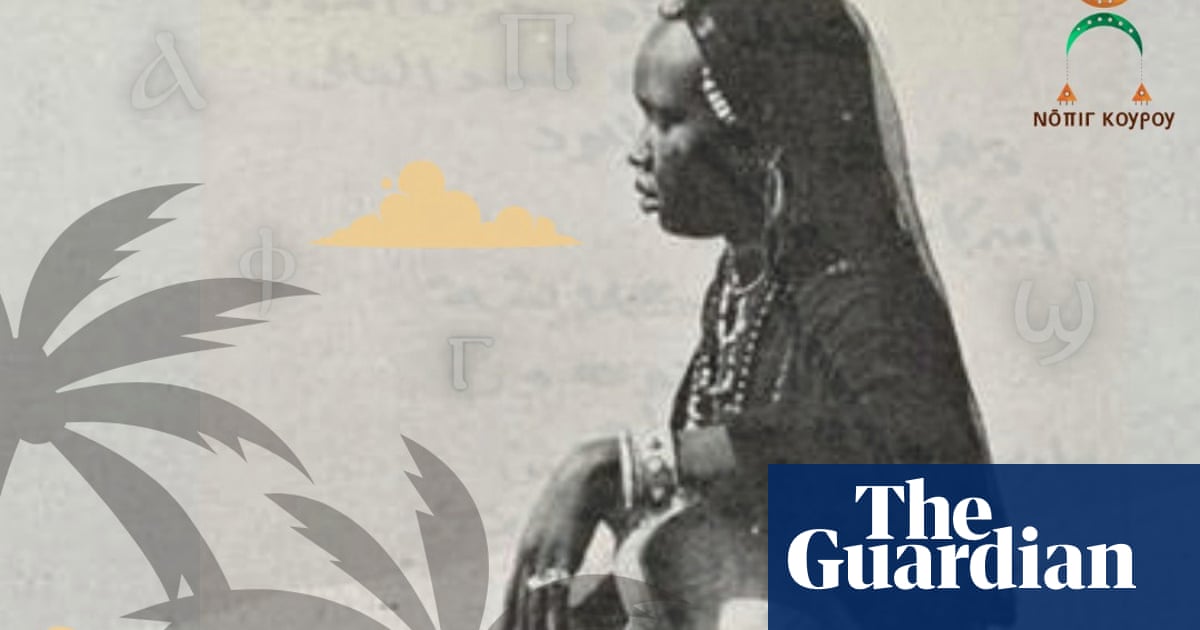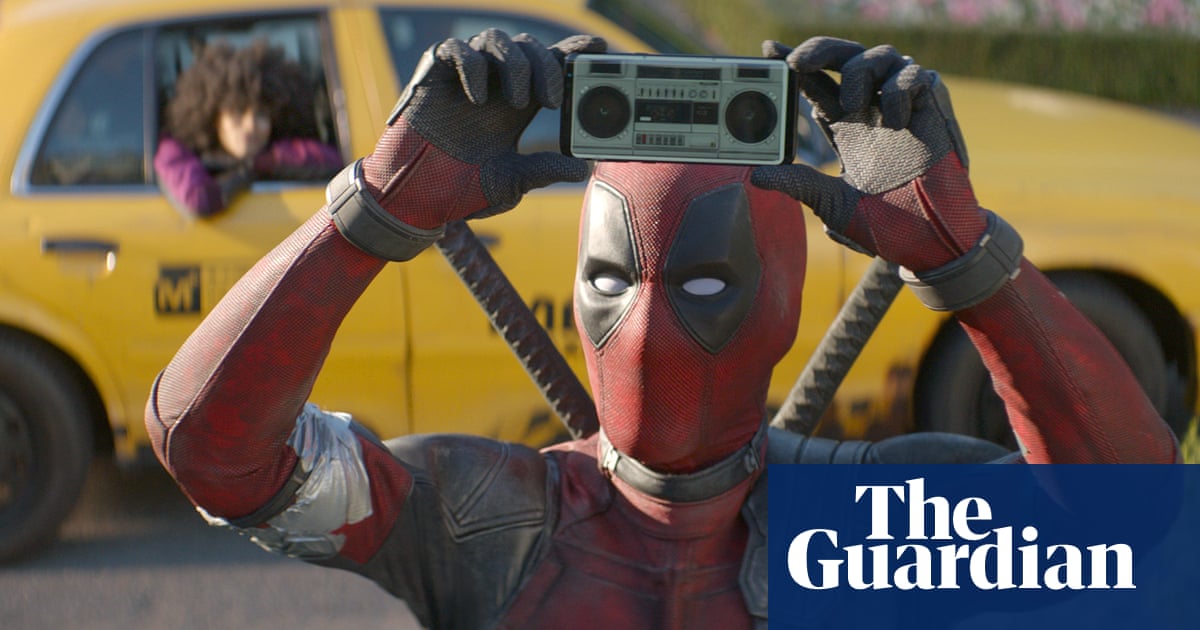
magine if the denizens of Eyam had had smartphones. Imagine if medieval peasants had had Twitter (#BlackDeath1347) or Constantinople had had a WhatsApp group when the Plague of Justinian arrived. What we would have to pore over now.
Our own pandemic, of course, is easily the best-recorded in history. Coronavirus scholars in generations to come will be swamped by the material available to study. As they sift and sort and weigh and analyse competing versions of competing truths, they will probably long for a return to simpler times when scarcity of evidence bedevilled a historian’s attempts to discover the past, but you could at least marshal it all into a lever arch or two and know roughly where you stood.
They may seize on the likes of NHS Heroes: Fighting to Save Our Lives (Channel 4) as ports in a storm – or perhaps anchors in an ever-swirling sea of potential knowledge. An assortment of medics (and one chief executive) at various hospitals in departments directly or indirectly affected by Covid-19 film themselves, talking directly to their smartphones about it in real time. Their eyewitness accounts are given from eerily empty institutional corridors (“Everything we normally do has ceased to exist … it’s just Covid”) or PPE stations, as they don the flimsy plastic gear that they hope will stand between them and infection. It’s as compelling as you would expect. Special mention must be made – probably with regard to every programme in whatever genre is made under lockdown conditions – to the editing team, whose ability to build a coherent narrative and well-paced piece from disparate sources is needed more than ever.
The acuteness and particularity of the stresses frontline medical staff face are brought vividly home. Luke Sumner, a nurse leading a 20-strong team in Blackpool, talks about his conscience and the responsibility he would feel if any of them fell ill. He finds it hard not to take on the world’s suffering. “It’s really overwhelming. You go home feeling a bit guilty. It’s hard to shake that feeling.” The empathy that makes a good nurse can be the very thing that breaks them when there is nowhere to go and no time to recover.
London ICU consultant Rony Berrebi conveys the scale and intensity of the crisis. “It’s like having a terrorist attack on the doorstep of your hospital twice a day, for weeks and months … I’m quite a stable guy, but the magnitude is huge.” Trainee paediatrician Kiran Rahim is transferred to her hospital’s intensive care ward as a nursing assistant. Paediatrics, she notes, does not prepare you for a place in which your patients die each day.
There were only a few passing mentions of the (un)availability of PPE, but one of them was quite something. Executive Caroline Shaw noted how its use in her hospital had doubled after one of the most beloved members of staff – Christine Emerson, a nurse for 20 years – died of coronavirus. “I wasn’t going to challenge them for inappropriate use,” she said. “I just wouldn’t have done it on a day a colleague died.” As an illustration of the gulf in temperament and approach between administrators and medical personnel, it was as perfect as it was chilling.
As the weeks wear on and the death toll mounts, testimonies become more exhausted and more tearful. Luke recounts how he held the hand of a patient who died without their family, and told him how peaceful the world is now that there are no cars on the road and everyone is at home, while the daughter of the man dying in the next bed told her father – via iPad – that his late wife was waiting for him. “I pretty much filled my goggles with tears,” he said. Three of Rony’s colleagues have died. He is not alone in dreading the breakdown in mental health among frontline workers that is bound to come once the peak of the emergency passes.
Anger too – and was there ever a more righteous kind? – begins to surface. “We work out of a sense of moral duty,” says Kiran, “and the government relies on that. But sooner or later it’s going to run out. People are going to start saying: ‘Enough is enough.’ And I hope when this is all over, people are going to be held accountable.”
Let the arc of history be ever so long, scholar; I hope you find it bent towards justice in the end.












